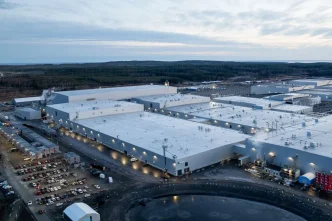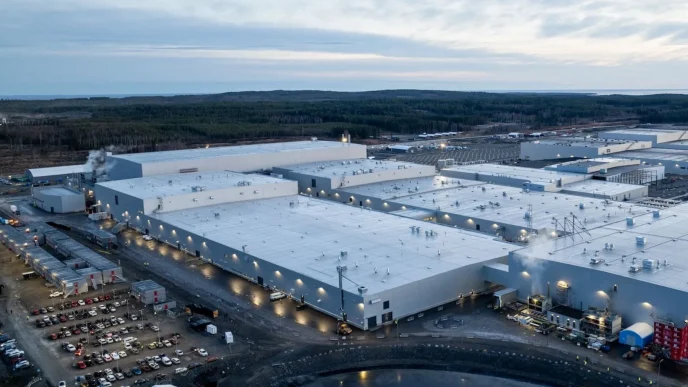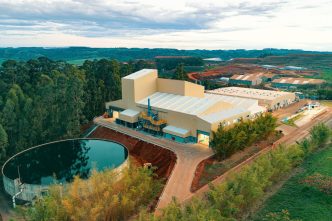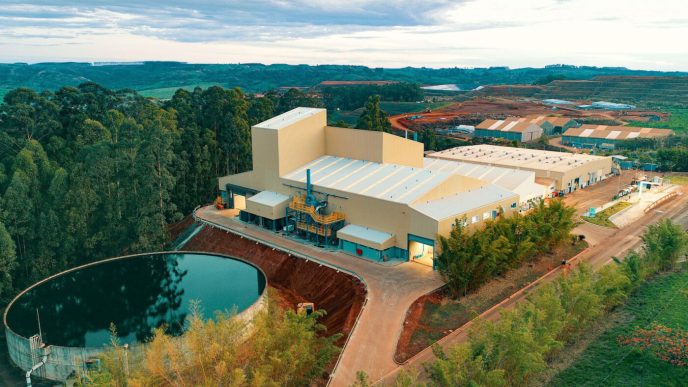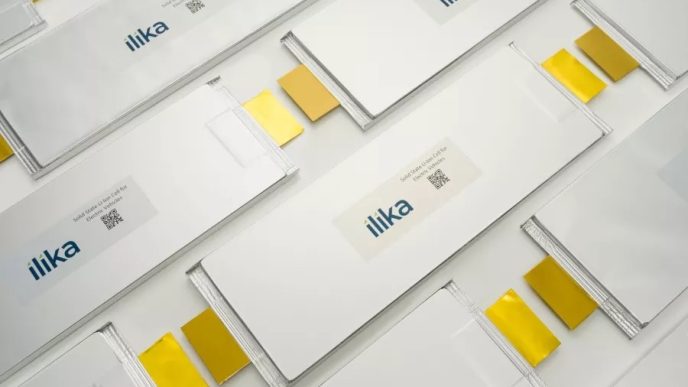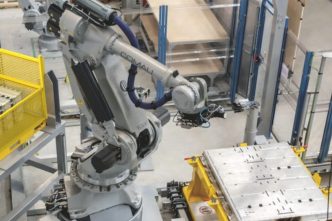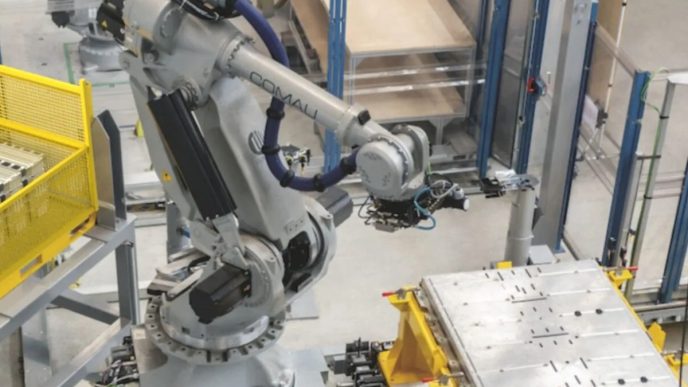Vulcan Energy and BASF have signed a letter of intent to collaborate on developing geothermal energy at BASF’s Ludwigshafen site in Germany, aiming to generate renewable energy and sustainably extract lithium. The partnership aligns with both companies’ commitments to decarbonization and renewable resource utilization in the industrial sector.
The project focuses on harnessing geothermal energy from the Upper Rhine Graben. BASF aims to produce CO₂-free steam through heat pumps, with the potential to generate 300 megawatts of thermal energy annually. This renewable energy source could reduce BASF’s reliance on fossil fuels, preventing approximately 800,000 metric tons of CO₂ emissions each year. Additionally, Vulcan plans to extract lithium from geothermal brine, leveraging the area’s high lithium concentrations to support Europe’s battery and automotive industries.
“Supplying energy from renewable heat sources to the companies located in the Upper Rhine Valley is a cornerstone of our project development strategy,” said Thorsten Weimann, Managing Director of Vulcan Energie Ressourcen GmbH. The collaboration also includes exploring the construction of a lithium extraction plant on BASF’s site. Vulcan aims to replicate its lithium production success, achieved at test plants in Landau and Frankfurt-Höchst, where battery-grade lithium hydroxide was produced from geothermal brine.
The partnership extends beyond BASF, potentially benefiting the neighboring towns of Frankenthal and Ludwigshafen with sustainable heat. Uwe Liebelt, President of European Verbund Sites at BASF SE, emphasized the regional impact, stating, “If the project is successful, we will set an excellent example for how we can shape the energy transition in the Rhine-Neckar Metropolitan Region through close cooperation between politicians, energy suppliers, and the industrial sector.”
Seismic explorations to assess geothermal conditions will commence in early 2025, with Vulcan leading the technical development. This initiative highlights a dual-purpose strategy: decarbonizing industrial energy use while establishing a local, sustainable lithium supply for Europe.
See Also
- Porsche Collaborates with Norsk Hydro to Create Carbon-Free Aluminium Supply Chain by 2030
- Ford Joins Forces with Indonesian Mining Company and Chinese Firm to Secure Nickel for Electric Car Batteries
- BASF Suspends Construction of Cathode Material Plant in Finland, Indefinite Layoffs Loom
- XPeng Aeroht Begins Manned Test Flights for Land Aircraft Carrier as Pre-sales Set to Launch in December
- Volvo Trucks Expands Electric Truck Lineup for the Construction Industry



